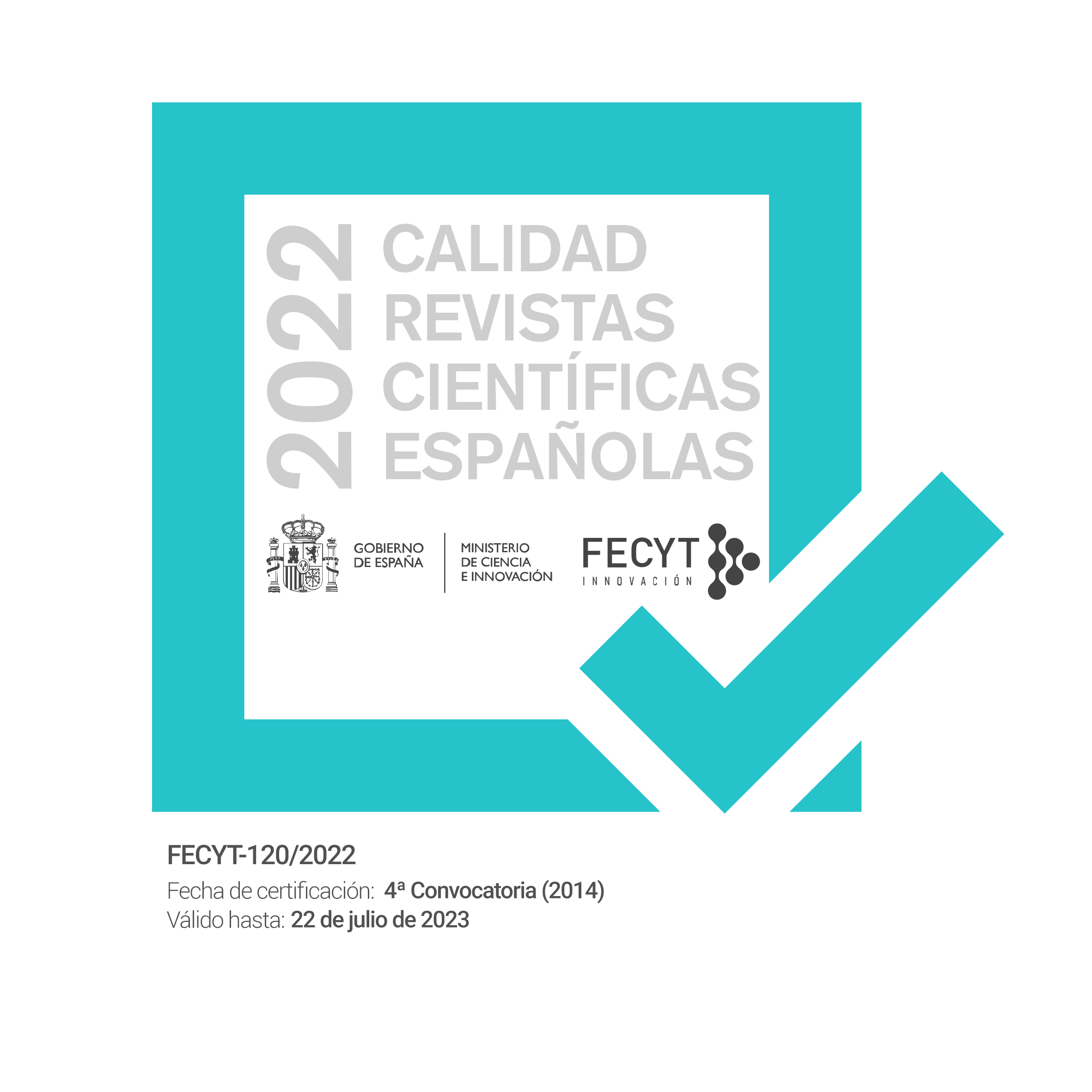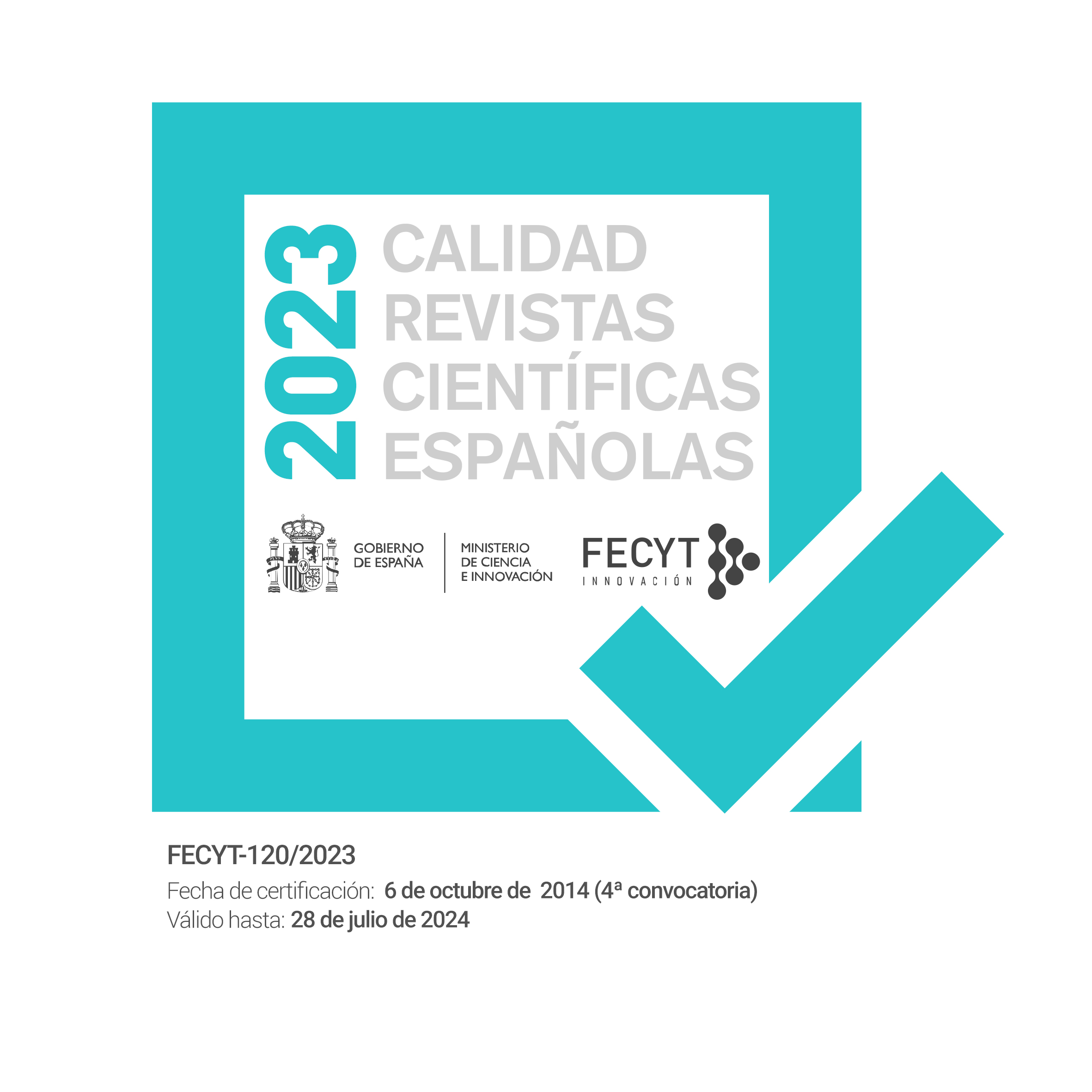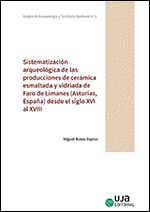ETHICAL COMPROMISE
The magazine policy will essentially be guided by the ethical compromise of scientific research.
From the Publisher
- The publishing process will follow ethical and scientific principles.
- Articles already published, translations of articles already published or plagiarism will not be admissible. None of the data included in the submitted works shall have been copied, fabricated, manipulated or distorte
- The moment the article is accepted by the magazine, the author or authors must fill out a specific form stating the copyright conditions of the magazine.
- The magazine will not receive money for the publication of the articles and it will not pay the authors to publish them.
From the Editorial Board
- The Editorial Board will ensure the correct observance of editorial ethics.
- The opinions of the members of board will not necessarily coincide with the opinions expressed in the published articles, which are the exclusive responsibility of the authors.
- The Editorial Board will analyze all the contributions and will have the authority to reject an article without evaluating it if considers that it does not comply with the specifications or does not conform to the scope of the journal publications. Except in these two cases, the decision to publish will be based on the conclusion of outside reviewers, using the “double blind rule”. Reviewer suggestions will be sent to the authors to make pertinent modifications if necessary. The author will be informed about the acceptance or rejection of the paper in a maximum period of six months, except when required modifications extend the evaluation process.
From the Authors.
- The papers must be original and unpublished. At the moment of sending the article, the authors must include a declaration specifically confirming that the article has not been presented for evaluation and publication in other magazines simultaneously or previously and that it has not been submitted for broadcast in other media (web pages, electronic book, etc.)
- The data and original theories will be clearly distinguished from those already published by the corresponding citations.
- Tables, data, photographs, etc. previously published will be properly cited and permissions for their reproduction in any support must be provided.
- Every person signing the paper must have participated in its writing and revision and must agree with the publication. The authorship criteria should be respected without excluding anyone responsible for the work. The magazine declines any responsibility in the possible authorship conflicts originated by the noncompliance of its rules.
- The authors commit to report to the heads of the magazine any error detected in the article before or after the publication and to provide if necessary the correction of the errors. If the errors are detected after the publication, the magazine will publish the corrections, clarifications and apologies when necessary.
- Authors will accept subjecting their work to a process of anonymous peer review.
- Articles can be removed from the evaluation process by any author who disagrees with the decisions, or for any other reasons.
From the reviewers.
- The reviewers will handle the article as confidential.
- In the case that there is any incompatibility or conflict of interest, the reviewers will abstain themselves from performing the evaluation and will communicate it to the Editorial Production Team. This requirement must be a priority for the reviewers, it does not seem necessary to emphasize that given the specificity of some fields treated in the magazine, the number of specialist can be very limited and despite the magazine’s efforts to maintain the anonymity of the authors, there may exist a reasonable probability of author identification by the reviewer. This suspicion does not disqualify a reviewer but it does the incompatibility and conflict of interest with the hypothetic author.
- The revision will be objective and constructive and always acknowledging the previous point, the neutrality requirement must be considered an absolute priority.
- The reviewers accept the compromise to suggest interesting and original bibliography.
- The reviewers accept the compromise to orient the author regarding new works still not published with developing lines of research that might affect the text.






















